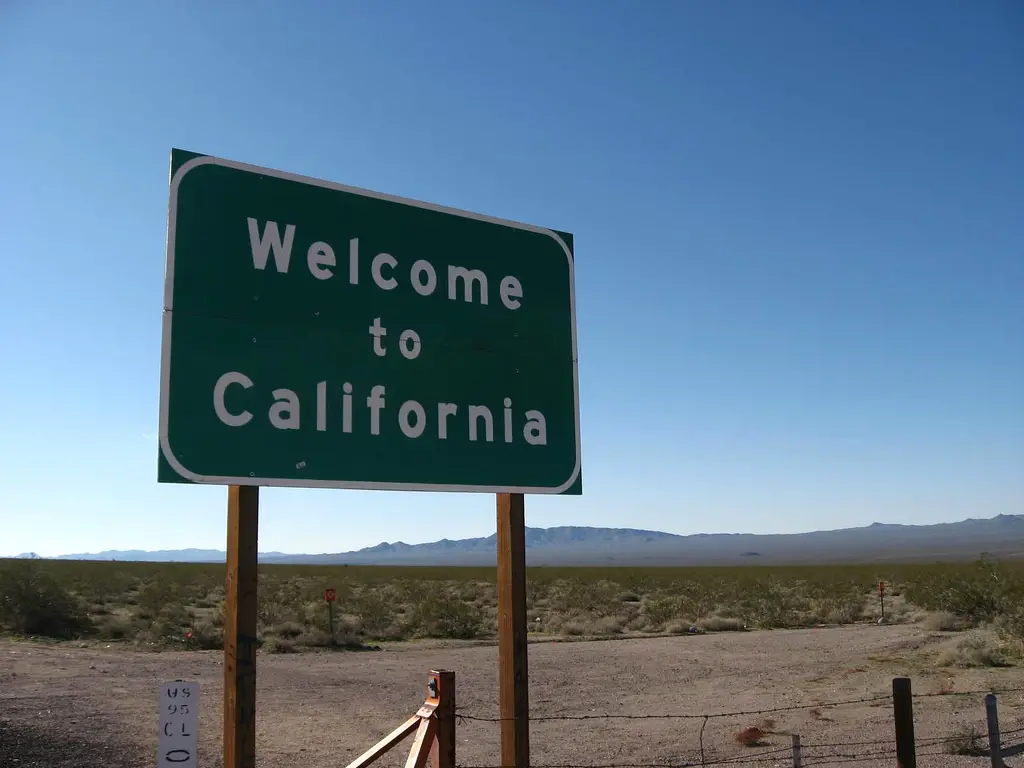Never has something as innocent as renting out a room in one’s home to tourists become so controversial. While some say it’s helping build a “sharing economy” where money is redistributed to low-income individuals and small businesses, others claim it’s fuelling a lucrative underground economy, promoting the evasion of taxes and contributing to an acute shortage of affordable housing.
For the past two years, Raffaele (not his real name) has been renting out the largest room in his 3rd floor, Barcelona flat to tourists, running a bed and breakfast service through websites like AirBnB and others.
Now 38 and out of regular employment since a back operation left him bed-bound for six months, the bed and breakfast has been his saviour, allowing him to keep his home and avoid the alternative: returning to live with his family in his native Italy.
He’s also one of around 500 AirBnB hosts to have protested in Barcelona’s Plaza Sant Jaume to fight the Catalan government’s recent decision to fine AirBnB €30,000. It has also threatened to ban the website if the company doesn’t remove hosts without an official tourist licence.
“We are here to protect our right to participate in the economy and protect our income,” Raffaele told me.
The protest resulted in an invitation from the Mayor’s Office of Barcelona to speak with several hosts and pass on their views to the Catalan government.
But some see ominous clouds on the horizon. It’s no secret the city and the province are betting on high-yield tourists who stay in hotels as a future strategy, disillusioned with the mass-tourism model which has attracted more party-goers than locals have taste for. AirBnB, some say, is getting in the way of that strategy.
Raffaele says renting the room, in the city’s Poble Sec district (a lower-cost barrio popular with immigrants) hasn’t always been a goldmine.
“There are months when you make enough, and other months when you can’t pay the bills, but overall it’s been positive because it’s helped me get through difficulties,” he says.
His apartment is one of over 5,000 in Barcelona that rent at least one room to tourists on the AirBnB website, now a global phenomenon available to tourists in over 192 countries and 34,000 cities and which has made billionaires out of its two co-founders.
People like Raffaele claim this to be part of the new “sharing economy”, facilitated by technology and the internet, where millions can now earn and spend money and participate in markets in ways previously made difficult.
But is money really being distributed in a better way?
While renting a room out of his flat allows some people like Raffaele to scrape by, a recent report by The Guardian showed that others are raking it in, tax-free.
That newspaper recently profiled fully employed individuals earning $10,000-90,000 in additional income by renting rooms out of their homes. According to that report (based on Airbnb’s own data) the top 40 Airbnb hosts in New York have each grossed at least $400,000 over the past three years, a collective total of over $35 million. The top 100 hosts in that time period have grossed $54 million. That’s hardly redistributive justice.
And that’s only the top 100, among millions of hosts.
Afraid that AirBnB and its hosts are leaching away tax revenue, local and state governments with the widespread support of the hotel industry are moving to regulate the industry.
The State of New York recently claimed that up to two-thirds of listings on the site may be illegal by renting rooms for less than a month without a permanent resident.
The city has already closed down dozens of “illegal hotels” operating under the site, and under a recent agreement the city will now get access to data about AirBnB hosts. AirBnB will also have to identify hosts where illegal activity is suspected.
Back in Barcelona, people like Raffaele aren’t convinced that hotels are under threat, and he’s baffled by the city’s decision to target those who can least afford a tourist licence:
“There’s a big difference between renting a single room in your flat and renting out whole flats or several flats. That’s when it becomes a real business,” he says.
“I don’t think we’re competing with hotels because many people who stay with me wouldn’t stay in a hotel, either because a hotel is too expensive or because they’re looking for a different experience entirely. And these people contribute enormously to the local economy.”
AirBnB itself claims that its service is adding billions to what’s spent in cities. Its own figures purport to show an economic impact of roughly $500 million in New York City, $300 million in London, and $150 million in Barcelona alone, though we’d be wise to remind ourselves that these figures could well have been based on wild estimations.
While Catalunya wants to ban individuals from renting rooms out of their home, they have permitted whole flats with tourist licences to carry on. And this is precisely what affordable housing groups say is contributing to housing shortages being experienced in many large cities.
AirBnB and other websites, they say, are encouraging people to take apartments off the market and convert them into tourist-rentals. Anecdotal evidence already exists of landlords evicting long-term tenants to turn properties into AirBnB listings. And one can imagine that rooms now being rented to tourists were once rented out to long-term residents.
While AirBnB makes claims to the contrary, two important studies have found that hosts like Raffaele in Barcelona who rent a single room in their home are no longer the norm. One study of 90,000 hosts in 18 cities found that 40% had multiple listings, while another one commissioned by the San Francisco Chronicle newspaper found that nearly 5,000 listings in that city were for entire apartments or houses.
At the heart of this issue, however, is technology and the internet and whether the long-term impact of these will be more employment or less, and better distribution of income or worse.
Around the world, as the global economy has become increasingly technology and internet based, the general trend has been for wealth to be increasingly squeezed out of the working and middle classes and concentrated in the hands of a few, with those who are less business-savvy increasingly marginalized, made redundant and robbed of purpose.
Is the need for some to make extra income by renting rooms out of their home to tourists a consequence of this trend or is it a contributing factor? Will jobs and homes and government revenue for health, social and infrastructure spending be further at stake? Or will individuals at the bottom gain a foothold onto a ladder to economic freedom?
To answer is to predict the future.


